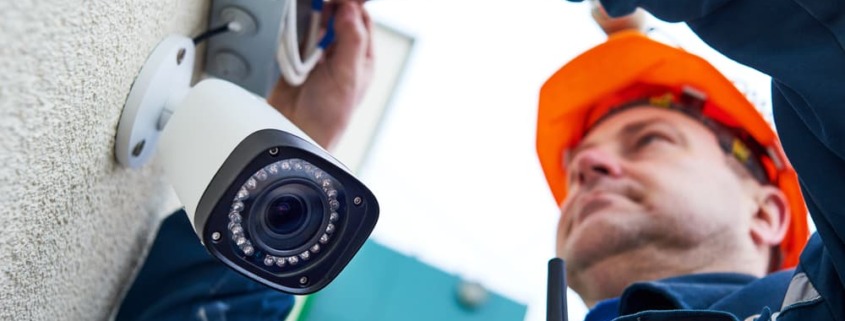What Are the Requirements for Installing Surveillance Cameras?
Surveillance cameras are an excellent addition to any home or business security system. They can provide peace of mind, deter crime, and assist in identifying perpetrators if an incident occurs. However, before installing home security systems, it’s important to know the requirements to ensure they function properly and legally.
Proper placement, type of camera, wiring, and storage options are all crucial elements that must be considered. This article will delve into the requirements for surveillance camera installation to help you make informed decisions about your security needs.
Legal Compliance
In many countries, laws govern the use of surveillance cameras, particularly in public places. For example, in the United States, the use of surveillance cameras is governed by state and federal laws. Researching and ensuring that your camera usage complies with local and national laws is important.
One requirement that is common in most places is the need to obtain consent before recording. You must inform people they are being recorded and get their permission. You can do this by posting signs in visible areas indicating that surveillance cameras are in use.
Lighting
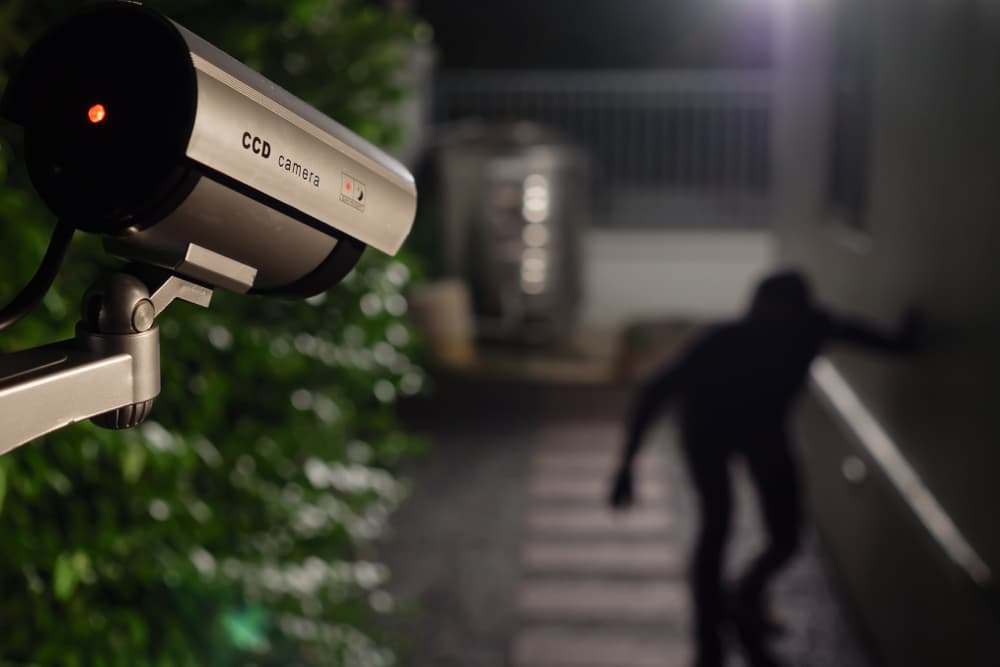
Lighting is another essential requirement to consider when installing surveillance cameras. Proper lighting is crucial for capturing high video-quality footage that can be used to identify perpetrators. If your property is poorly lit, it may be difficult for your cameras to capture clear footage, rendering them ineffective. To combat this, you can also use night vision cameras.
If possible, install proper lighting to ensure your cameras capture clear footage. Depending on your needs, this could be floodlights, motion-activated lights, or even infrared lighting. Ensure that the lighting you choose is suitable for the area you want to monitor and does not cause any obstructions or glare that could affect the quality of the footage.
Power and Connectivity
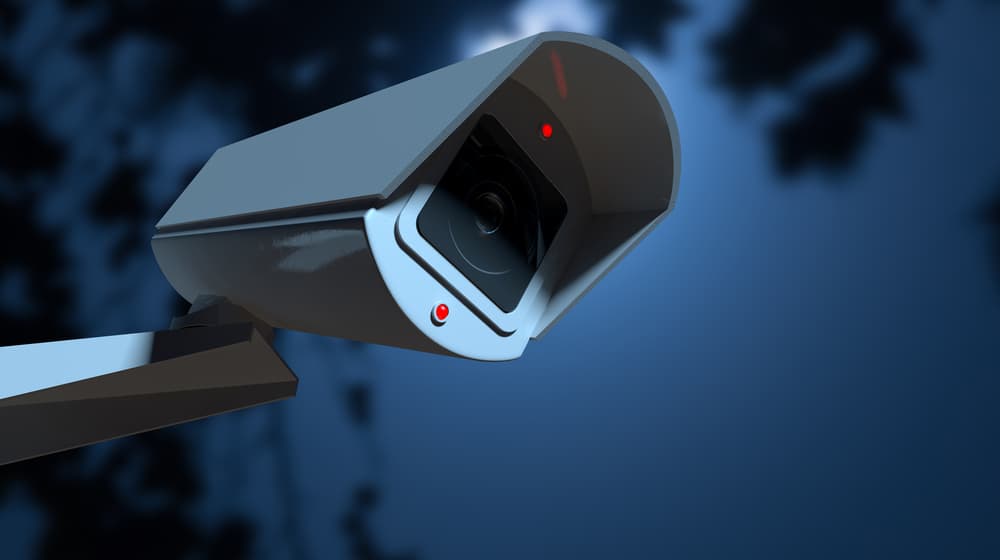
Surveillance cameras require power, so you must consider how to power them. The most common power source for surveillance cameras is electrical outlets, but in some cases, you may need to use batteries or solar power. Consider the location of your cameras and ensure that you have a reliable power source nearby.
Connectivity is another important requirement to consider when installing surveillance cameras. Cameras must be connected to a network to transmit data to a storage device. These can be achieved through wired or wireless connections.
Wired connections offer a more reliable and secure connection, but they may be difficult to install, especially if you have multiple cameras. Wireless cameras are easier to install but may be less secure.
Data Storage
Data storage is an essential requirement when it comes to surveillance cameras. You need a storage device that can store all the data captured by your cameras. There are several options available, including cloud storage and on-premise storage.
Cloud storage is becoming increasingly popular as it offers many benefits, such as remote access and unlimited storage capacity. However, it may not be suitable for all applications, especially if you have limited internet connectivity or require high levels of security. On-premise storage, on the other hand, offers greater security and control over your data, but it may require additional hardware and maintenance.
Notification Signs
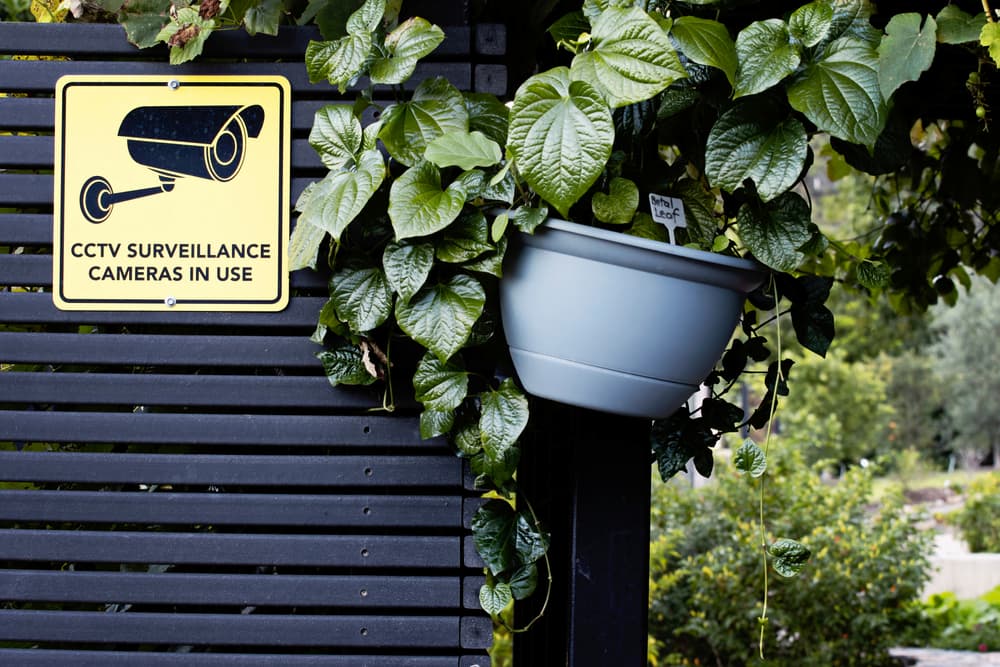
Notification signs are an important requirement when installing surveillance cameras. As we mentioned earlier, many areas require that you obtain consent before recording. Notification signs are an excellent way to inform people they are being recorded and get permission. They also act as a deterrent, warning potential perpetrators that they are being monitored.
Make sure that your notification signs are visible and placed in strategic locations. They should indicate that surveillance cameras are in use and people are being recorded.
Camera Placement
Camera placement is the most important requirement for installing surveillance cameras. The placement of your cameras will determine how effective they are in capturing footage and deterring potential perpetrators. Here are some tips to help you choose the best camera placement:
- Identify the areas you want to monitor: Identify the places you want to watch. This could be entrances, exits, parking lots, or any other areas where suspicious activity could occur.
- Consider the field of view: When choosing camera placement, consider the field of view. Make sure that your cameras are positioned in a way that allows them to capture a wide-angle view of the area you want to monitor.
- Consider the camera’s height: The camera’s size is also important. Mount the cameras at a height that allows them to capture footage without obstruction. In addition, cameras that are too high may not capture enough detail, while cameras that are too low may be vulnerable to tampering.
- Ensure that cameras are weatherproof: If you’re installing cameras outdoors, ensure they are weatherproof. This will ensure they can withstand harsh weather conditions and continue functioning properly.
- Ensure that cameras are tamper-proof: Finally, make sure that your cameras are tamper-proof. This means they should be installed in a way that makes it difficult for anyone to tamper with them or block their view.
Keep Your Property Safe with Proper Surveillance Camera Installation
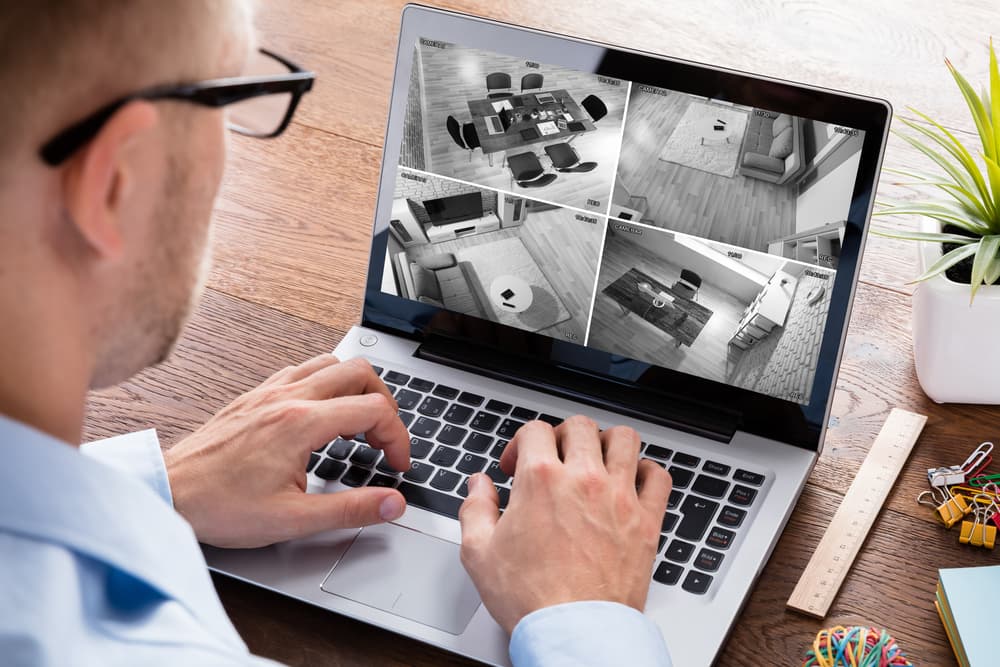
When protecting your property, security camera installation can be your best ally. But installing them is more complex than just buying a camera and pointing it at the door.
Choose the right equipment, follow the necessary installation requirements, and strategically position your cameras to get the most out of your security system. Doing so will help deter potential perpetrators and ensure you capture high-quality footage of any criminal activity.
If you need help installing a surveillance system for your property, contact MAX Video Security. Our experts will help you choose the right equipment and ensure it is properly installed. We have years of experience helping commercial and residential customers keep their property safe and secure. Contact us today!

